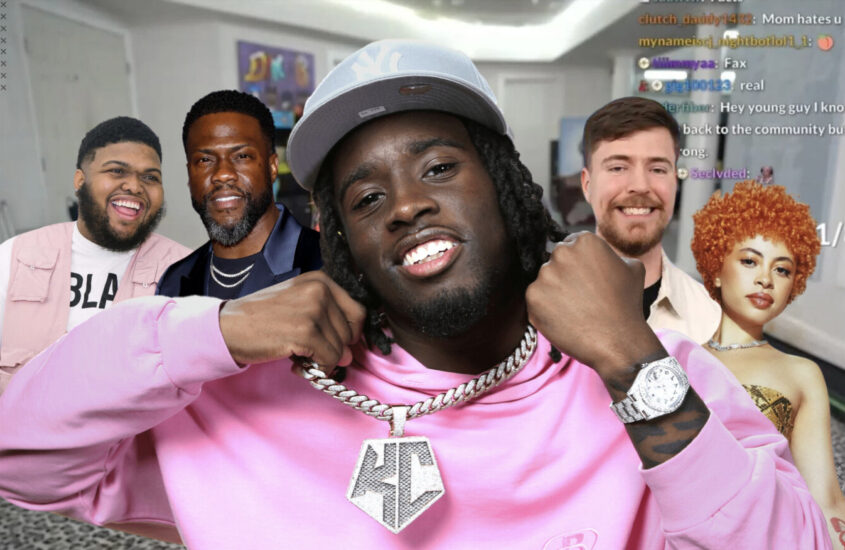
In the landscape of contemporary music, Beyoncé stands as a colossus, not just for her vocal prowess or her magnetic stage presence, but for her transformative impact on the industry, especially for Black artists. Her journey from the pop-centric tunes of Destiny’s Child to the genre-defying anthems of her solo career has paved the way for a new era of musical expression.
By crossing genres, Beyoncé and other artists of color reclaim the styles of music they pioneered before mainstream forces pushed them aside. Genres should be pathways for expression, not confinements. Beyoncé’s assertion that this is a “Beyoncé” album, not just a country album, speaks volumes. Her early work, while rooted in R&B and pop, hinted at the eclectic approach she would later embrace. Albums like “Dangerously in Love” showcased her ability to blend contemporary R&B with elements of soul and hip-hop, setting the stage for future explorations.
It was with her self-titled album, “Beyoncé,” and the follow-up, “Lemonade,” that she truly shattered the confines of genre. These albums were not just collections of songs but cultural events that mixed pop, rock, country, and electronic music with traditional African-American genres like blues and gospel. This blend of sounds was more than innovative; it was a statement of artistic freedom and a celebration of Black musical heritage.
Beyoncé’s genre-crossing is not just an artistic choice; it’s a political one. By seamlessly integrating diverse musical styles, she challenges the industry’s tendency to pigeonhole Black artists into specific genres. Her work encourages the recognition of the multifaceted nature of Black artistry and pushes against the boundaries that have historically limited Black musicians.
Moreover, Beyoncé’s influence extends beyond her own music. She has become a beacon for other Black artists seeking to transcend genre limitations. Her label, Parkwood Entertainment, has been instrumental in promoting artists who embody this genre-fluid approach, further solidifying her role as a catalyst for change in the music industry.
The impact of Beyoncé’s genre-crossing is profound. It has opened doors for artists like Childish Gambino, whose work defies easy categorization, and Janelle Monáe, who blends funk, rock, and R&B into a unique sonic tapestry. These artists, and many others, owe a debt to Beyoncé’s trailblazing efforts that have expanded the possibilities for Black creativity.
Beyoncé’s genre-crossing is more than a musical innovation; it’s a transformative force that has reshaped the industry’s view of Black artists. Her legacy is one of empowerment, challenging norms, and inspiring a generation of musicians to embrace their diverse influences and create art that defies expectations.
This post explores Beyoncé’s influence on the music industry and the opportunities she has created for Black artists to express themselves beyond traditional genre boundaries. Her work not only celebrates the richness of Black musical heritage but also serves as a powerful statement against the constraints that have long been imposed on Black creativity. Beyoncé’s legacy is a testament to the power of artistic freedom and the enduring impact of genre-crossing in music.









